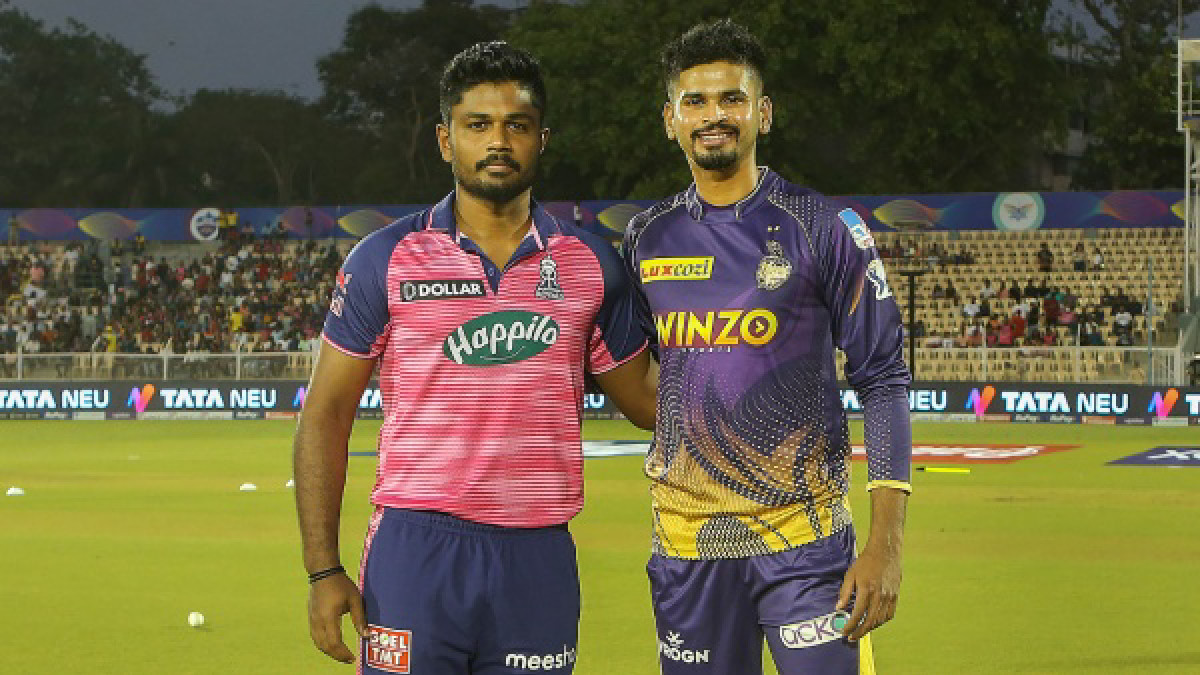
Turn 'Operation Green Hunt' into 'Operation Red Hunt'(Article)
New Delhi, Apr.9: Following the Dantewada massacre in which 76 personnel of the Central Reserve Police Force (CRPF) were killed, Union Home Minister P. Chidambaram, who is always correct in his statements, said that the term 'Operation Green Hunt' was coined by a police officer, and had caught the imagination of the media.
The impression is that there is no 'Hunt' of any kind and the Central and State Police are only doing their basic duty of maintaining law and order and ensuring that those preventing the strengthening of infrastructure, health and education facilities are neutralised.
It is time that the Government of India takes serious notice of the problem and converts "Operation Green Hunt' into "Operation Red Hunt".
Not many recall that under the leadership of Charu Mazumdar, the Maoist movement had drawn young people into the organization with the slogan that it should eliminate individual "class enemies" like landlords, university teachers, police officers and politicians.
The movement gathered momentum and schools were shut down in Calcutta. Naxalites took over Jadavpur University and used the machine shop facilities there to make pipe guns and attack the police.
Siddharth Shankar Ray as Chief Minister of West Bengal (1972-1977) and R. K. Gupta as Police Commissioner of Kolkata in the early seventies made a determined bid to put down the Naxal movement. Ray succeeded, but lost the elections later.
The 'Khalistan Movement' promoted by Pakistan in the eighties could not be put to an end for nearly a decade. Then Prime Minister Rajiv Gandhi sent Siddarth Shankar Ray there as Governor, but could not mobilize the required support.
The Punjab Police with the help of the Army put the movement an end, but Chief Minister Beant Singh had to pay a price. He was assassinated in August 1995.
The cases in Punjab are still lingering. Fortunately, the judiciary and the State Administration in Punjab are functional, but the Akali Dal is cautious about the way the Khalistani forces re to be tackled
In Jammu and Kashmir, General K. V. Krishna Rao, who was sent there as Governor by Prime Minister Rajiv Gandhi to nip militancy in the bud, was not provided the police force in time. Shy of using the Army in putting a small force of militants down, General Krishna Rao deferred the process till after the general elections in 1989. Rajiv Gandhi lost the elections, and Jammu and Kashmir has yet to recover from the outburst that followed the release of militants in exchange for the then Home Minister Mufti Mohammed Sayeed's daughter Rubiya Sayeed.
As spokesman for the Army and Principal Information Officer, I was witness to the operations in Nagaland under Major General K. P. Candeth in 1964, and later, how the Army cleared Mizoram under the overall leadership of Lt. Gen. Sam Manekshaw.
The Armed Forces are the arms of the elected Government and they are required to do the tasks they are asked. The Government is conscious that the main role of the Army is to defend the country against external aggression.
With that in mind, the Government of India-following the experience in 1965 with two hostile neighbours-did not want the security of the country s to suffer because of tasks which could be entrusted to other forces. Hence the Government of India raised the Border Security Force, under an eminent police officer, K. F. Rustomjee. The Central Reserve Police Force was strengthened.
General Bipin Chandra Joshi was instrumental in raising the Rashtriya Rifles for work in Jammu and Kashmir. Apart from freeing the hardcore Army, he was keen on having a force that was not subject to turnarounds every two years.
Originally, the force was to have hardcore Army with ex-servicemen. But the experiment was given up as the tasks in Jammu and Kashmir caused by Pakistani 'Jehadi' forces was too serious to be handled by ex-servicemen.
The country learnt a great deal during the Kargil operations over a decade ago. The groups asked to study the happenings, have given their recommendations, including the creation of a Chief of Defence Staff and also to establish joint commands down the system.
The Government should make it clear that, in the ultimate analysis, the services will implement the orders conveyed to them.
It would also be helpful if the Service Chiefs or Commanders in the field do not make statements as to what they will do or not do. It is the privilege of politicians to talk, but the task of the police and the security forces is to 'do'.
With that in mind, the Government has promulgated Defence Publicity Rules, which lays down the procedure to be followed in giving information about the happenings in the Armed Forces, along the border or the incidents when the forces are engaged in combating the militants.
Raman Singh, the Chief Minister of Chhattisgarh, stated that the statements made by the Home Minister, the chiefs of the army and air force, were in conflict, and causing confusion. He has a point.
It is also time the nation implements the reforms in the police forces. The recommendations made by different commissions, and the directive by the Supreme Court is awaiting implementation. The States should be prepared to share some of the authority with the Centre and not insist on having total control over the State Police.
The nation is determined to fight the Naxals with all its might. We would not have faced the present situation if action was taken a decade ago. But it is not too late to convert "Operation Green Hunt" into "Operation Red Hunt". Better sooner than later.
I. Ramamohan Rao, former Principal Information Officer, Government of India.He can be reached at the e-mail ID [email protected] By I. Ramamohan Rao (ANI)


 Click it and Unblock the Notifications
Click it and Unblock the Notifications
















